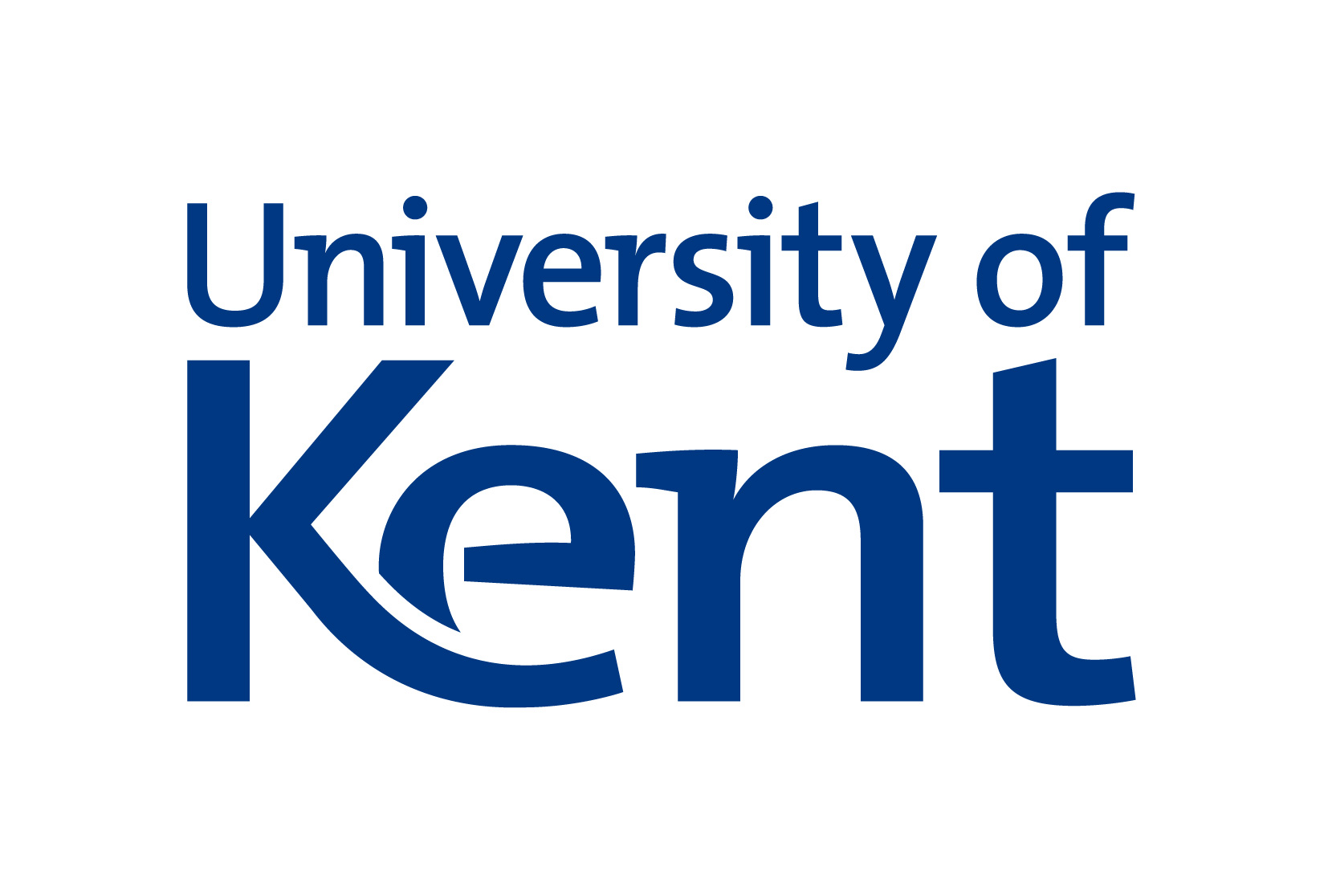About Conservation Biology - Msc in University of Kent
Modern conservation science transcends the traditional boundaries of biology, ecology and environmental management. Today’s managers of biodiversity need to be versed in a broad range of specialist fields, from population ecology and human community development, through to international wildlife trade and the economics of conservation, as well as the latest techniques in endangered species recovery.
Our MSc in Conservation Biology is an interdisciplinary pathway that integrates all of these aspects of conservation biology. It is designed for wildlife managers with practical experience in international conservation work looking to acquire formal scientific training, as well as students with academic qualifications looking to develop a career in conservation.
Academic qualification equivalents
-
For entry to a Kent postgraduate degree programme (Master’s), Indian students typically need to have completed a three or four-year undergraduate degree (Honours Bachelor degree or Professional degree) at an accredited university or college. General Bachelor degrees may sometimes be considered. Exact requirements will depend on the postgraduate degree you are applying for and the institution you have studied at.
English language requirements
- IELTS : 6.5 overall (with a minimum of 6.0 in R&W; 5.5 in S&L)
- TOEFL IBT: 90 overall (with a minimum of 22 in R; 21 in W; 17 in L; 20 in S
- PTE: 62 overall with 60 in each subtest
Highlights
| Establishment Year |
1965 |
| Location |
Canterbury, England |
| University Type |
Public |
| Campus Setting |
Rural |
| Student Enrollment |
19,860 |
| Endowment |
£ 5.528 million |
| Mode of Program |
Full time, distance and online |
| Financial Support |
Available |
| Campus Housing |
Available |
University of Kent Cost of Attendance
| Expenses |
Estimated cost (in GBP) |
| Undergraduate Fee |
15,200-18,400 |
| Postgraduate Fee |
16,000-19,000 |
| Average cost of living |
12,968 |
